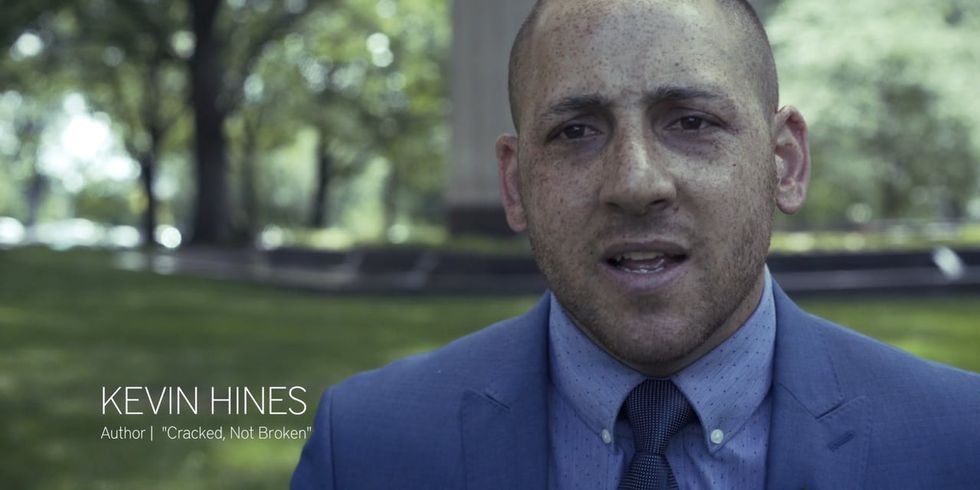Suicide is the 10th leading cause of death in America and accounts for almost 45,000 deaths per year in the United States. So many people are suffering from a mental illness and sometimes, ending your life seems like the only way out.
Depression, hallucinations, psychotic breaks, are all examples of mental illnesses that can cause a person to feel as though suicide is their only escape. Luckily, through the power of social media and celebrities coming forward with their stories and obstacles, people are finally discussing the importance of suicide prevention and just how important this issue is.
Kevin Hines, like so many others, was going through a lot when he decided he wanted to end his life. He was born premature and addicted to drugs, started to have symptoms of mania, he had hallucinations, bipolar disorder, all at the young age of 17. He made the decision to end his life by jumping off of the Golden Gate Bridge.
He fell 25 stories at 75 miles an hour in about 4 seconds, but something incredible happened. He survived. When he was pulled out of the water, he was immediately told that he was incredibly lucky to have survived. Out of the 2,000 since 1937 that have used this bridge to commit suicide, only 1 percent have lived.
Hines revealed that he and the other 1 percent of survivors all had the same feeling when jumping off of the bridge. Regret. He jumped off and instantly regretted his decision and thought about how no one will know that in his last seconds, he did not want to die.
Over the following years, he decided that he needed to get his story out to help inspire others and to bring forward the topic of suicide and just how prevalent this issue is. Today, Hines travels around the world, is an important author, and an inspiration to many. He speaks to those at risk and those who want to be informed about how important suicide prevention is and shows everyone what it means to be a survivor.
Kevin Hines gives those suffering, those in pain, and those who are too afraid to reach out and ask for help hope. This hope is something that many don't come by very easily. Hope for change, hope for help, and hope that tomorrow will be a day.
Those suffering want to wake up and have a day, 24 hours in which they feel normal and happy. Hines gives this hope that one day, near or far, something will change, someone will step up to help you, and you will find some way to help overcome these feelings of doubt, pain, and loss. From me to you Mr. Hines, thank you.




















